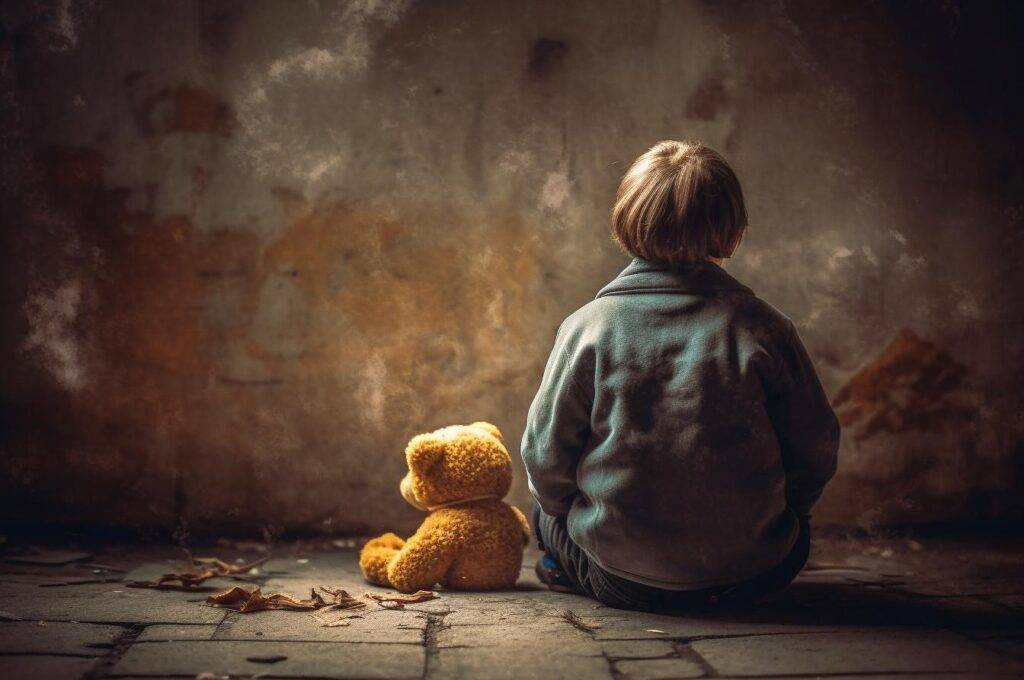It is said that the best advisers are those who have experienced the advice themselves. The hardest part is definitely admitting the problem not only to yourself but to others and asking for help in your powerlessness.
Often people who have had traumatic experiences (both physical and emotional) blame others for their trauma. This is because the traumatic experience can undermine their sense of security, leading to feelings of helplessness and powerlessness. If a person feels that they are not in control of their life, they may try to regain a sense of control by blaming others for their pain and suffering.
Moreover, blaming others can be a way for these people to avoid facing their pain and trauma. By blaming others, they can avoid the difficult emotions and memories associated with their trauma. It can also serve as a coping mechanism to deal with the heightened emotions that result from the trauma
In addition, if a person has experienced trauma, it can affect their ability to trust others and build healthy relationships. They may struggle with feelings of anger, resentment and betrayal, which can make it difficult to forgive those they perceive as the perpetrators of the trauma. Blaming others can also be a way of protecting themselves from further harm or a repetition of the traumatic experience.
However, it is important to note that blaming others for one’s trauma is not a healthy coping mechanism and can ultimately hinder the healing process. It is important for people who have experienced trauma to seek professional help and support in the healthy discharge of their experiences and emotions, as well as taking responsibility for their own healing and growth.
Some insights into how traumatic experiences are experienced and how they influence our behaviour. Non-judgemental. With a desire to make us think about how we act and why we act the way we do, because a healthy society is something we create.




